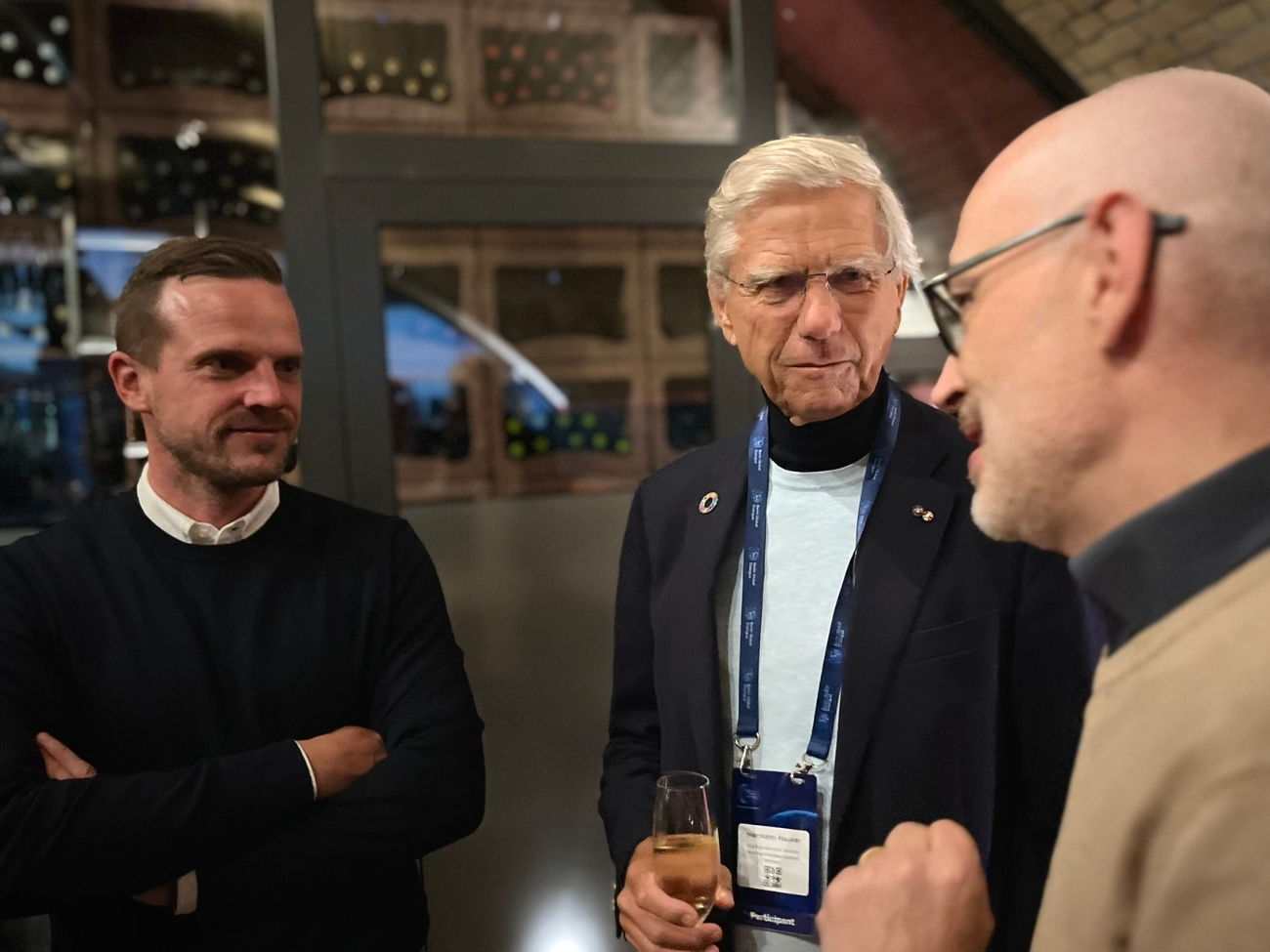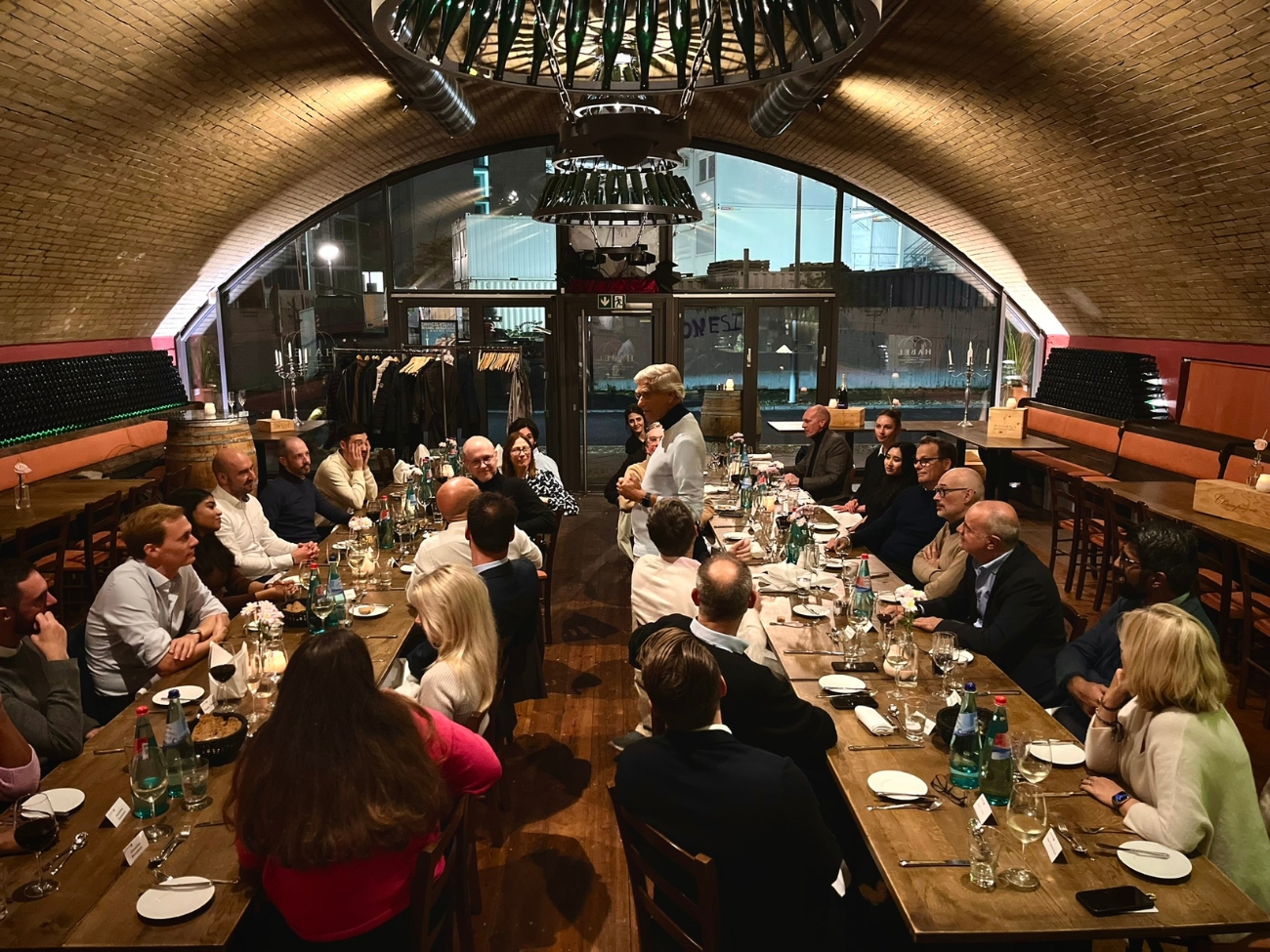Key Insights from the Inaugural Session of the Next-Generation Computing Stream at CDL
In a move to strengthen European technological sovereignty, ESMT Berlin and HEC Paris have joined forces to launch a new program focused on next-generation computing. This initiative, developed in collaboration with the Dieter Schwarz Stiftung, TUM Campus Heilbronn, and Campus Founders, is part of the Creative Destruction Lab (CDL), a nonprofit organization renowned for supporting science- and technology-based startups. The new stream will primarily focus on cutting-edge technologies like quantum computing, neuromorphic computing, neural networks, biocomputing, and high-performance computing, offering solutions to some of the world’s most complex challenges.
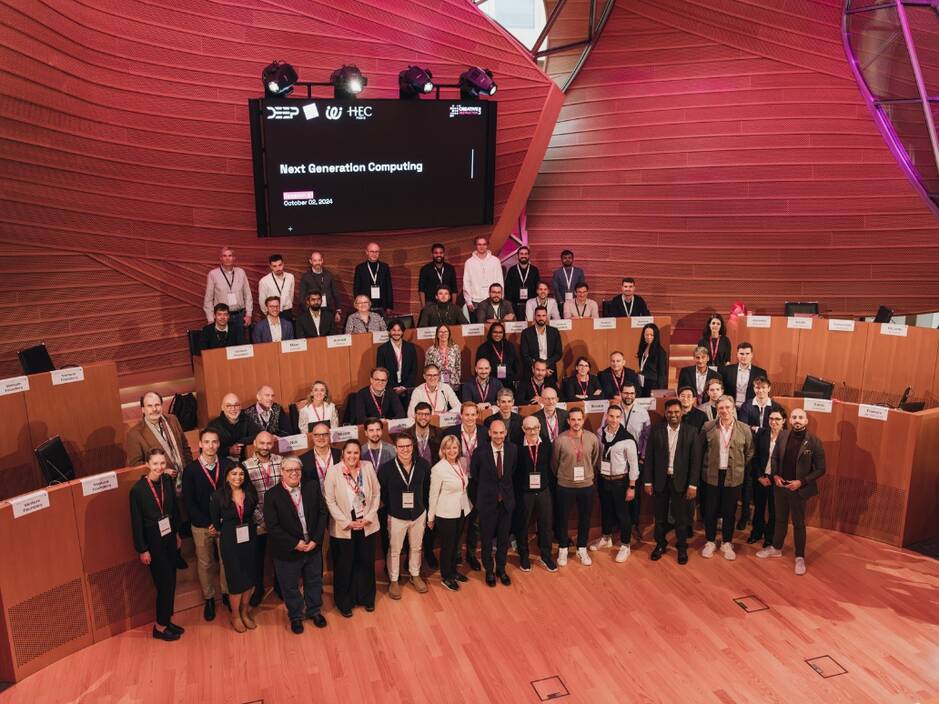
Next-generation computing holds the promise of driving innovation and addressing critical issues across industries. With this program, the aim is to foster the growth of scalable, seed-stage deep tech startups by providing access to experienced mentors from the expansive networks of both ESMT and HEC. Business students from the two prestigious business schools will also play a pivotal role, supporting startups with essential business development tasks.
“This strategic collaboration is a significant leap towards amplifying Europe’s innovative potential. By supporting startups in these advanced technologies, we strengthen the connections for scientific innovation in Germany and France and ensure that Europe remains at the forefront of global progress and competitiveness,” says Eloïc Peyrache, director general and dean of HEC Paris.
A New Era for European Technological Innovation
The partnership also marks a new chapter for Franco-German cooperation in the tech space, something emphasized by French Minister of Europe and Foreign Affairs Jean-Noël Barrot (H.07 and member of the HEC Research Faculty) during the program’s launch. “This union between France and Germany, through this program, presents an opportunity to develop European sovereignty in new technologies,” Barrot stated, highlighting the importance of pan-European collaboration to accelerate innovation in fields like quantum computing.
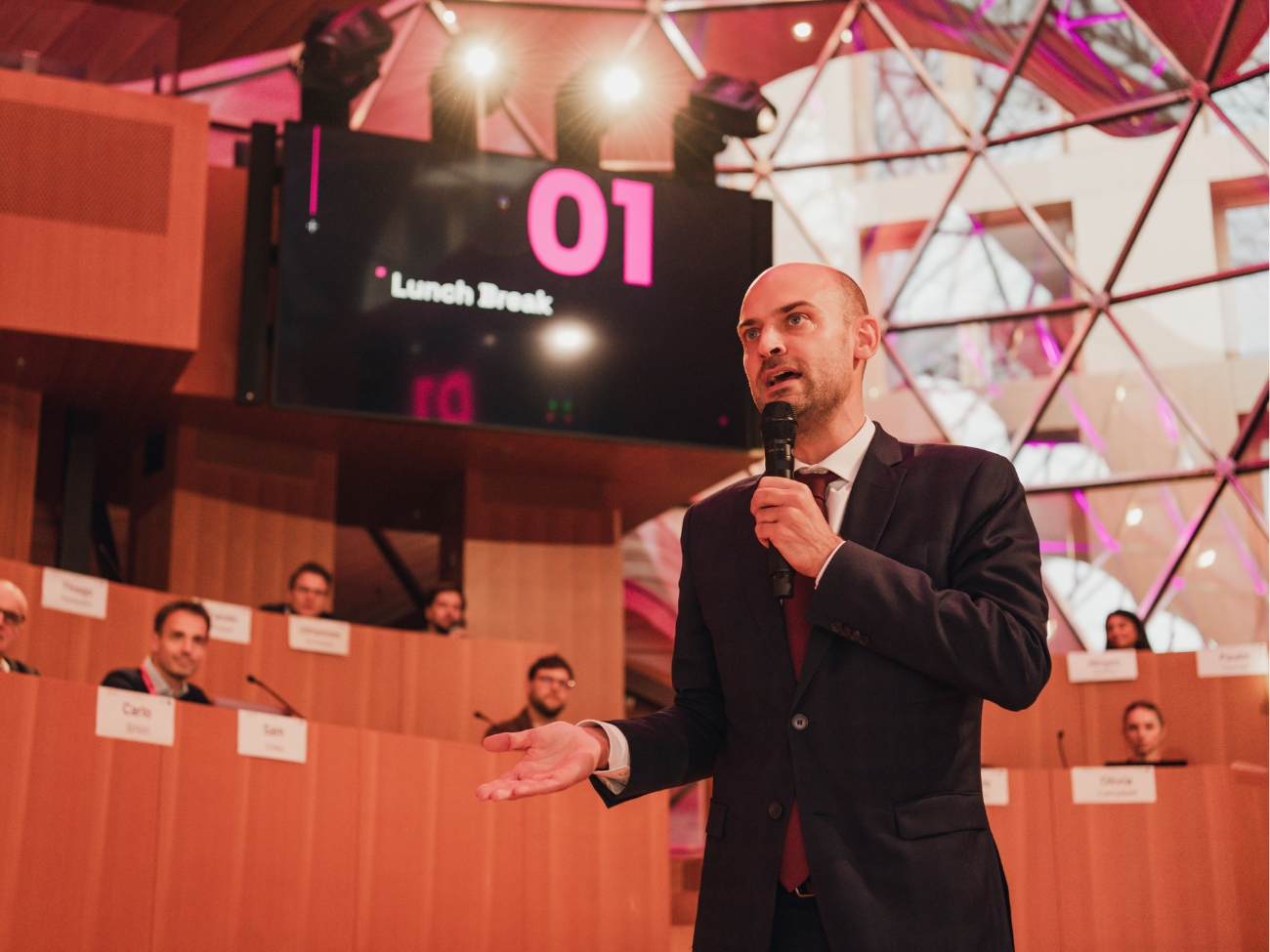
Minister Barrot’s remarks, echoed by President Emmanuel Macron in a speech at ESMT Berlin during the Berlin Global Dialogue, also underscored the critical need for increased European synergy in investment and regulation. The call for larger venture capital funds and public financing for industrial policies, especially for hardware, was a central theme. “We need pan-European investment funds that will increase the size of VC funds,” Barrot emphasized, pointing out the need for strategic independence in disruptive technologies.
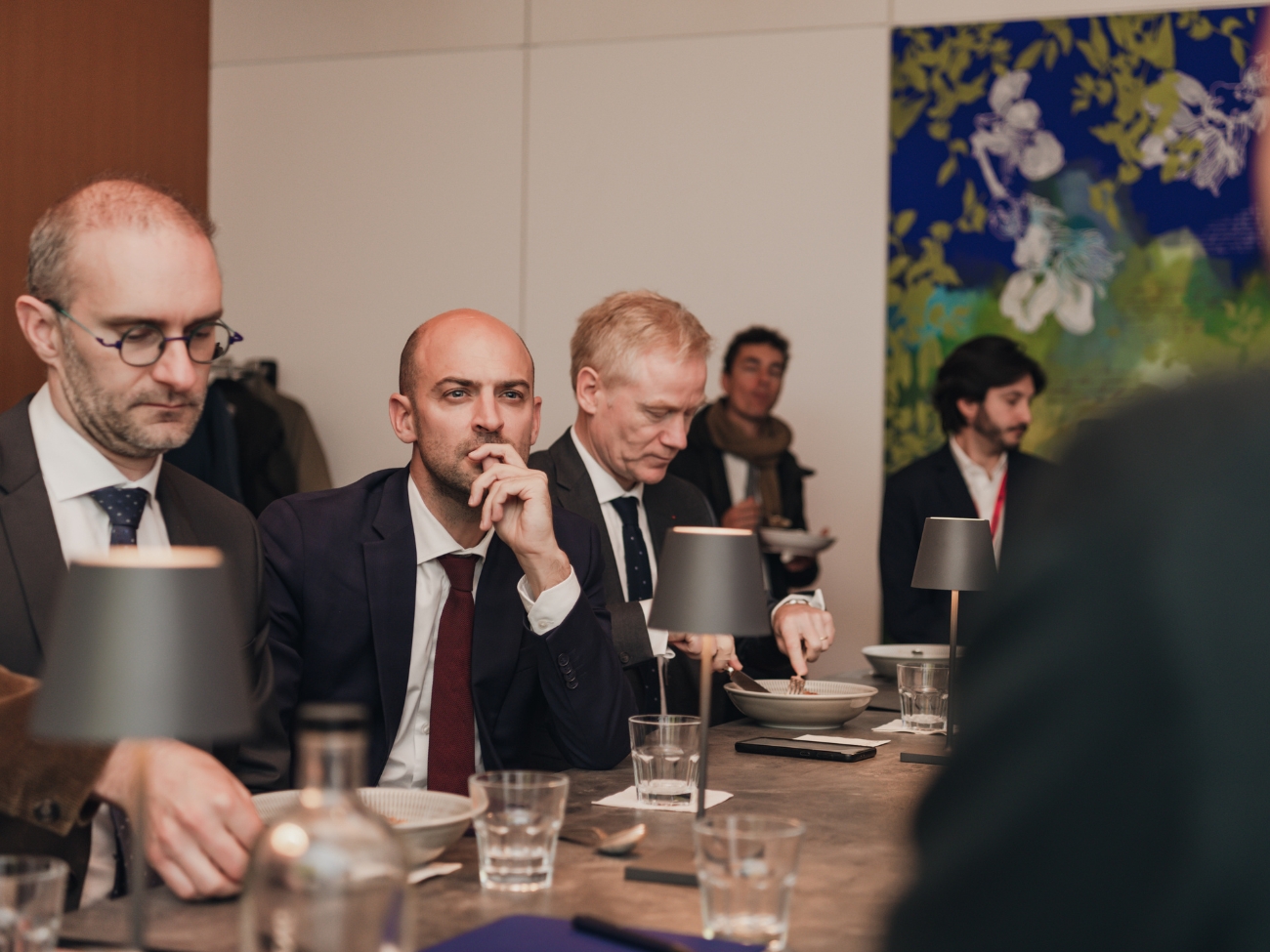
Draghi report 2024: the future of European competitiveness
The Draghi 2024 report brings a pressing issue to light: Europe is rich in ideas and ambition, yet innovation is stifled. Despite a surge of patents from brilliant minds, the pathway from innovation to commercialization is blocked. Start-ups with groundbreaking concepts face a maze of contradictory regulations that stifle their growth across the continent.
In response, the report champions a transformative agenda: equip Europeans with cutting-edge skills to harness new technologies, marrying tech advancement with social inclusion. The vision is clear: not just compete with the US in innovation but excel in providing lifelong learning and robust employment opportunities. Additionally, embracing a cohesive plan for decarbonization, Europe's climate goals could pivot from challenge to opportunity, reinforcing its competitive edge globally.
Aligned with this ambition, Creative Destruction Lab ensures new ideas transform seamlessly into market-ready solutions by crafting a streamlined, supportive environment where innovation is not only nurtured but driven towards success.
CDL’s First Session: A Promising Start
The first in-person session of the Next Generation Computing stream, held in Germany last week, brought together startups, mentors, and leaders from both CDL-Berlin and CDL-Paris. Carlo Sirtori, one of the program’s mentors and professor at École Normale Supérieure in the QUAD team, stressed the evolving nature of computing: “There’s no longer a possibility to have a computer for everything; we need specific CPUs tailored to the demands of applications and the type of computation.”
Startups had the unique opportunity to interact with Minister Barrot over lunch, sharing insights on their innovations and the challenges they face. The minister’s support for public funding to foster industrial policies highlights the broader European commitment to staying competitive in the global tech landscape. “With this program, we aim to support the growth of scalable, seed-stage deep tech startups by offering access to experienced mentors from the extensive networks of ESMT Berlin, HEC Paris, TUM Campus Heilbronn, and CDL,” said Inge Kerkloh-Devif, Senior Executive Director at HEC Paris Innovation & Entrepreneurship Institute, who also highlighted other actors from this ecosystem, such as many mentors like Carlo Sirtori, from École Normale Supérieure, and the presence of HEC Paris corporate partners, like Ahmed Iftikhar, Quantum Lead at Capgemini Invent Germany.
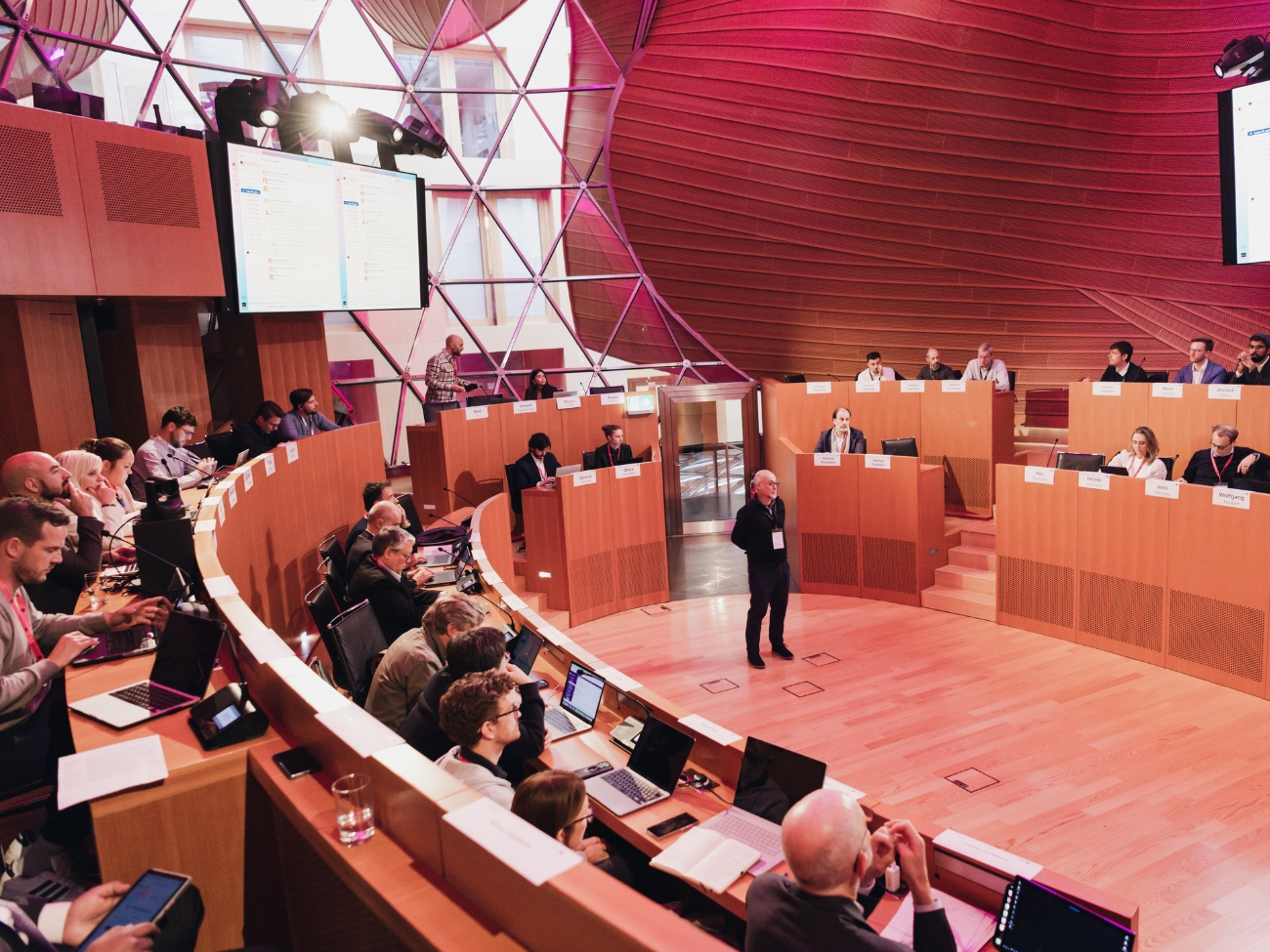
As Jörg Rocholl, president of ESMT Berlin, put it, “Innovation in Europe, especially in next-generation computing, is crucial for maintaining our technological sovereignty, driving economic growth, and addressing the complex challenges of the future. The support of the Dieter Schwarz Stiftung is instrumental in making this collaboration a reality.”
With the backing of both France and Germany, this new CDL stream sets the stage for Europe to be a leader in next-generation computing. As the program continues, all eyes will be on the innovative startups that emerge, the solutions they develop, and the impact they will have on the future of technology.
When it comes to pedagogy, this innovative program is designed to empower tech startup founders, transforming their journeys for the better. Each selected deep tech startup participating in the Next Generation stream has eight months to rigorously test their ideas, structured around nine months of intensive engagement divided into five dynamic sprint sessions. After this kick-off in Berlin, there will be online sessions and another in-person session in France. Each session unfolds in three critical phases:
- Deep Diving into Problems: In this initial phase, a select group of mentors evaluates the latest advancements of each startup, providing constructive challenges that help refine their focus. They collaboratively establish three priority objectives that the startup must aim to achieve by the next sprint.
- Plenary Session: During this phase, over 40 mentors come together to discuss the established objectives. This collaborative dialogue offers the founder invaluable insights, allowing them to witness the exchange of ideas and perspectives from seasoned entrepreneurs, experts, and investors.
- Deliberation: In this confidential phase, mentors voluntarily dedicate their time to support a startup in reaching its objectives. After the sprint sessions, founders can lean on the guidance of mentors as well as HEC Paris MBA students, ensuring they have the resources needed to meet their targets.
The CDL program not only fosters innovation but also cultivates a robust support network that is essential for the success of deep tech startups.
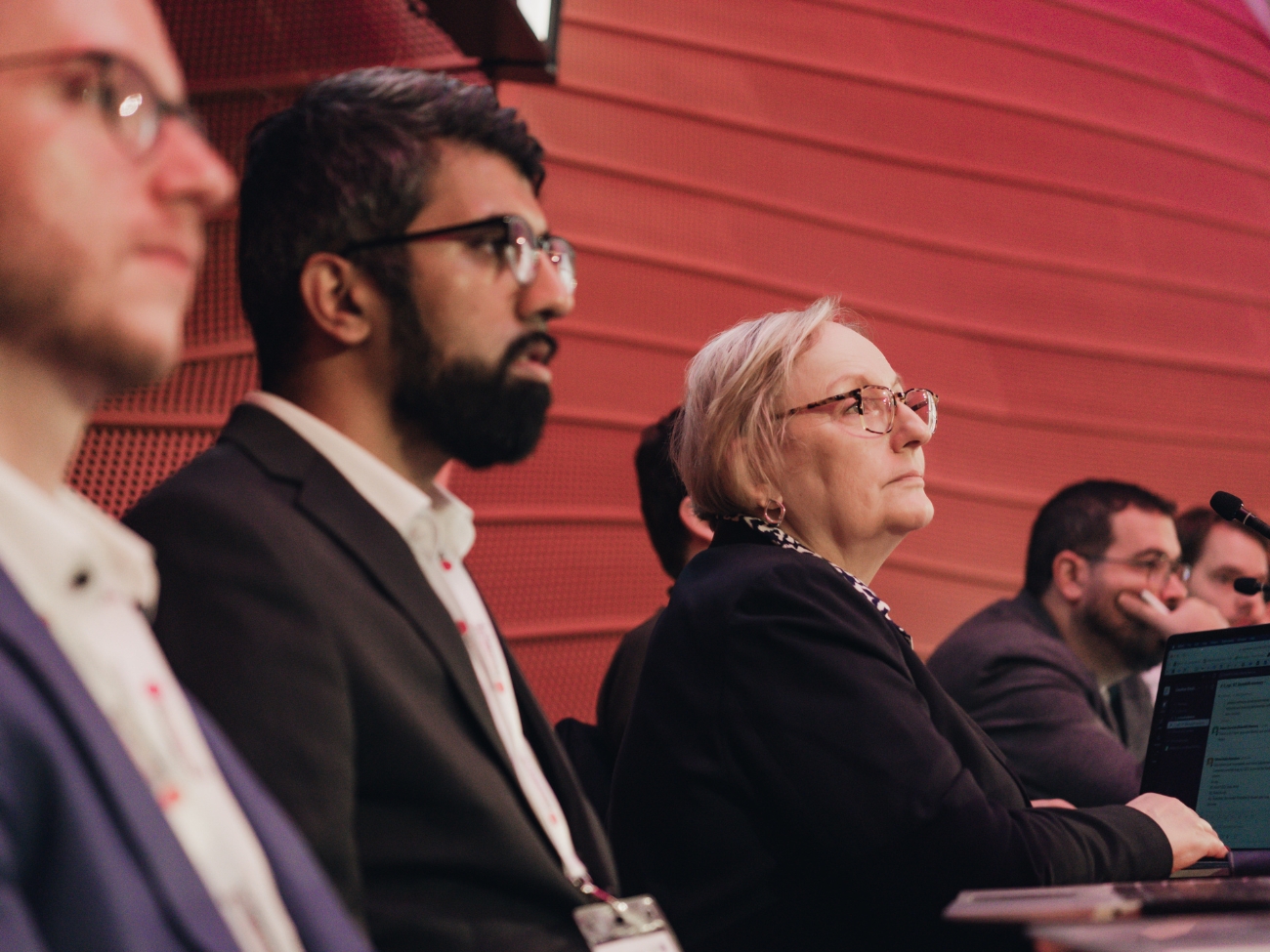
A Special Evening with Hermann Hauser
Before kicking off the Next Generation Computing stream, CDL-Berlin organized a memorable opening dinner featuring Dr. Hermann Hauser, a well-known name in the tech world and a co-founder of Acorn Computers, as well as Amadeus Capital Partners. His presence really energized the evening, bringing together mentors, partners, ventures, and the CDL community to celebrate the launch of the program.
During dinner, Hermann shared his thoughts on how crucial innovation is for driving economic growth and stressed the importance of cross-border collaboration to spark entrepreneurial spirit. It was a great chance not just to network but also to soak up valuable insights about the future of technology and how we can support deep tech startups.
